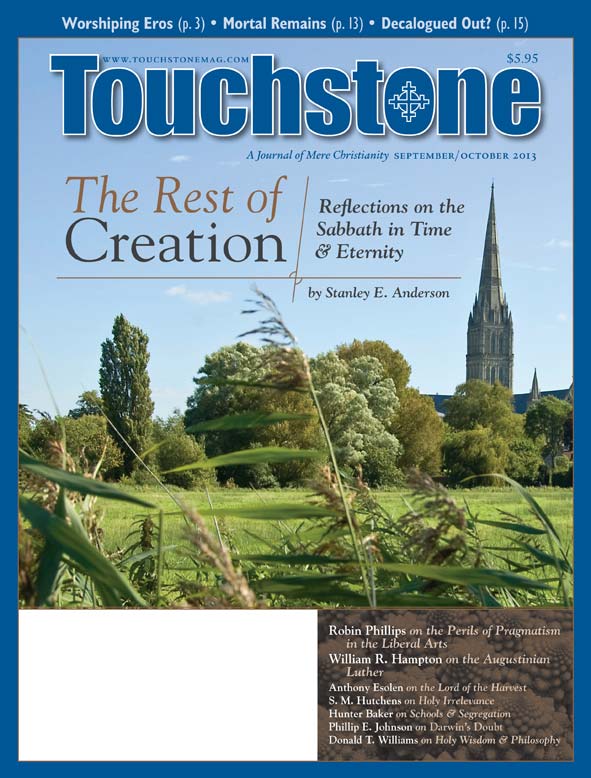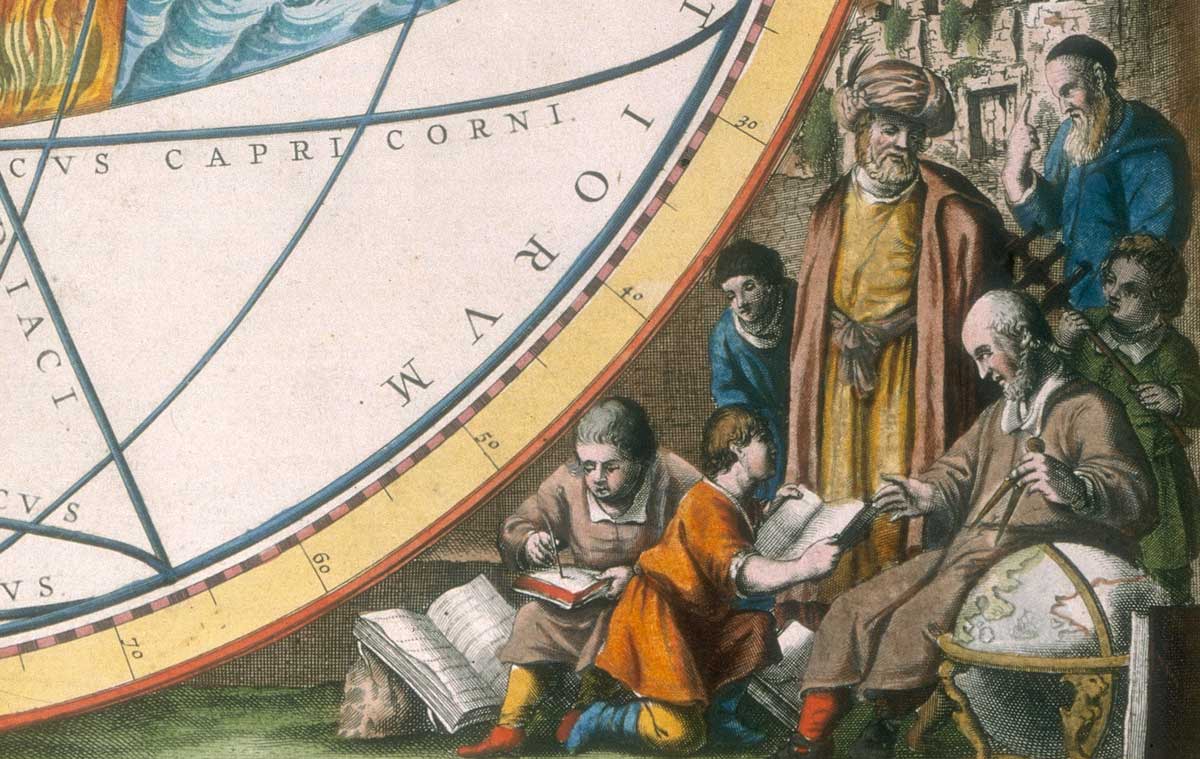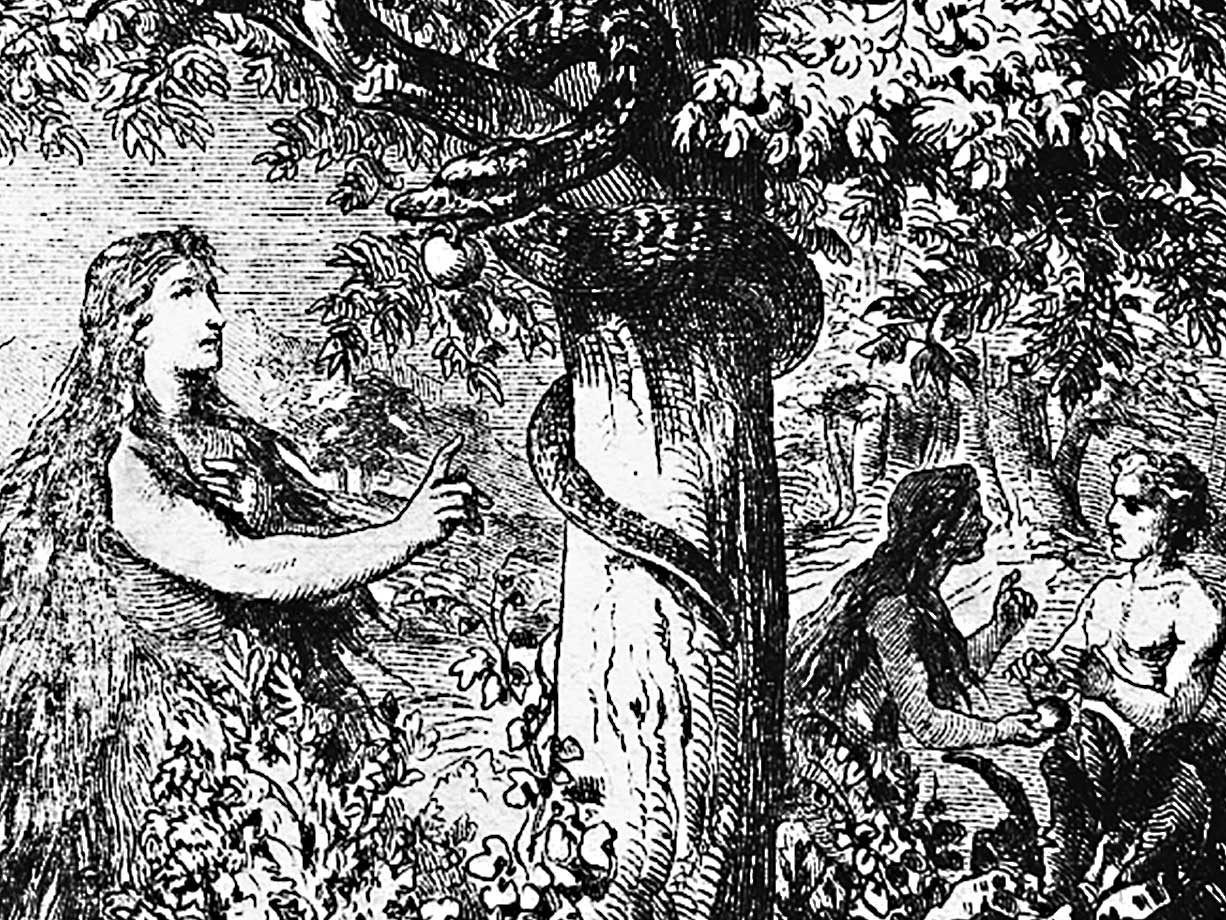View
Hagia Sophia
Donald T. Williams on the Holy Wisdom at the Roots of Philosophy
Philosophy: phileo plus sophia, the love of wisdom. Wisdom: not intelligence (which is just processing speed) or knowledge (which is just information) or even understanding (which is seeing how one's bits of knowledge relate to one another), but something more. Wisdom is the knack of using one's intelligence, knowledge, and understanding in useful and beneficial ways. For Christians, it means using one's intelligence, knowledge, and understanding in ways that glorify God, advance his kingdom, and bring blessing to his people.
It may seem hard to find much wisdom in the technical arguments of professional academic philosophers today, but it is there for those who know how to look. (It may not be in the conclusions to their arguments!) I hope there is some to be found in the philosophical musings I have indulged in over the years, not wholly unrelated to the conclusions of my arguments. If I want you to find it, maybe I should be able to find it myself. What have I learned from thinking philosophically? More to the point, what have I learned from it that I can properly call wisdom?

Humility & Gratitude
Perhaps the first lesson is humility. It is the glory of man that we cannot rest until we understand the world around us and understand ourselves. We are the only species that is impelled to ask the Great Questions: What is real? Who are we? Why are we here? What is the good? How do we know? We are ennobled in that we ask, but we are brought low by our failure to find, or, finding, to live by, the answers.
To study the history of philosophy is to learn how our best thinking, when unaided by revelation from above, always leads to an irresolvable impasse. It does so because, apart from revelation, we end up looking for the ultimate in a place where it cannot be found: within the circles of the finite world. Hence, we get the infamous false choices for which philosophy is famous: Heraclitus and flux, or Parmenides and permanence? Plato's rationalism and realism, or Aristotle's empiricism and nominalism? They are both right and both wrong. Forms neither as immanent in matter nor as existing on their own, but as the rationes aeterna in the mind of a personal God capable of grounding them because he is the source of both form and matter (Augustine)—for that we need the operation of revelation on a redeemed and receptive mind. There is no other way to get it.
Without revelation and the receptive mind, we end up with people fighting over what are at best partial glimpses of the truth. And our best thinkers never quite live up even to their partial glimpses. Only as God stoops to us in revelation do we find answers that are whole; only as he stoops to us in grace do we accept those answers and find the ability to live them out.
If following in the footsteps of our best unaided thinkers to see the impasses that result from their thinking helps us more clearly see and appreciate our limitations, then the first lesson of wisdom we learn is humility—and the second is gratitude. Humility from our inability, gratitude for God's supply: surely humility and gratitude are essential parts of a life of wisdom!
Sadly, many people who study philosophy do not learn humility or gratitude from it, but rather arrogance in the defense of one of those limited and partial viewpoints. One even finds those who are arrogant in their defense of the seemingly humble proposition that we cannot know anything! But then, people are just as fallen, prideful, and stubborn in their pursuit of other fields of study (including theology).
The fault, therefore, lies not with philosophy but with the philosophers—that is, with us. Only by God's grace do we pursue anything wisely—that is, humbly and gratefully. Those who have been captured by God's grace in Jesus Christ should apply themselves to philosophy because, just as bad philosophy has to be answered by good philosophy, as C. S. Lewis reminded us, so sinful philosophers have to be answered by redeemed ones—by their existence as much as by their arguments.
Confidence & Joy
From the best Christian philosophers, such as Augustine, Anselm, and C. S. Lewis, one can also learn this wisdom: confidence that Truth, Goodness, and Beauty are real things, objectively rooted in the nature of the God of creation and objectively imprinted by him onto the world he has made. They are rightly called "the transcendentals": they are supremely valuable and are their own justification precisely because Truth is the reflection of God's mind, Goodness of his character, and Beauty of his glory.
And we, created in his image and redeemed by his blood, may participate in them, yea, bathe in them. We find our purpose and our fulfillment in doing so, because thus we reflect him to the world.
If Christians do not gain confidence and boldness and indeed joy in their pursuit of these transcendental values from thinking philosophically, then they are missing the point, profoundly and colossally missing the point, as badly as the most secularized sophist on the planet, and with less excuse. If Christian philosophers do not promote and encourage confidence, boldness, and joy in the pursuit of Truth, Goodness, and Beauty by the way they do and teach and write philosophy, then they have betrayed their calling.
The Lord Is the Teacher
If I am on track in the last paragraph, then I have also learned that Solomon was right: the fear of the Lord is the beginning of wisdom. Nothing can claim to be wisdom that does not rest on, flow from, and promote in us the reverent, humble, and grateful acknowledgement of his necessary existence, his tri-personal unity, his divine majesty, his rightful sovereignty, and his supreme worthiness of all worship and devotion.
It is ultimately he who must teach us this, by revealing himself to us in his Son, the eternal Logos, who enlightens every man and who came into the world. Our philosophical search for truth without that act of grace on his part is but vanity and striving after wind. Philosophy, in other words, is not the key to understanding him; it is he who must illumine our philosophy.
(I am not affirming fideism here, by the way. I have made arguments for God's existence in this journal. But I am recognizing that he is more than the conclusion to a logical argument; he is the reason why logical argument is possible in the first place. I am recognizing that, even so far as they are valid, those arguments will only be accepted and will only have their intended effect in leading one to wisdom when they are used by the Holy Spirit as part of his gracious work of conviction and calling, leading to regeneration, conversion, and sanctification—including the sanctification of the mind.)
Profitable Philosophy
When God does illumine us, philosophy can help us see things about ourselves, our need, and his grace in meeting that need that we might otherwise have missed. It is better for redeemed sinners to wonder about the Great Questions, and to find the answers in him, than it is for them to remain ignorant. So Augustine and Anselm had it right all along: Credo ut intelligam, "I believe that I might understand." Fides quaerens intellectum, "faith in search of understanding."
You will know that your faith is producing understanding, you will know that your philosophical thinking has been profitable, when it leads you to the humble and grateful love of Truth, Goodness, and Beauty, and to their manifestation in your life to the glory of God. Then perhaps we can redeem the etymological definition of philosophy as the love of wisdom. •
Donald T. Williams Ph.D., is Professor Emeritus of Toccoa Falls College and the author of Deeper Magic: The Theology Behind the Writings of C. S. Lewis (Square Halo Books, 2016) and Ninety-Five Theses for a New Reformation: A Road Map for Post-Evangelical Christianity (Semper Reformanda Publications, 2021).
bulk subscriptions
Order Touchstone subscriptions in bulk and save $10 per sub! Each subscription includes 6 issues of Touchstone plus full online access to touchstonemag.com—including archives, videos, and pdf downloads of recent issues for only $29.95 each! Great for churches or study groups.
Transactions will be processed on a secure server.
more on philosophy from the online archives
more from the online archives
calling all readers
Please Donate
"There are magazines worth reading but few worth saving . . . Touchstone is just such a magazine."
—Alice von Hildebrand
"Here we do not concede one square millimeter of territory to falsehood, folly, contemporary sentimentality, or fashion. We speak the truth, and let God be our judge. . . . Touchstone is the one committedly Christian conservative journal."
—Anthony Esolen, Touchstone senior editor














